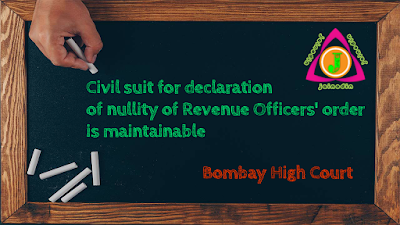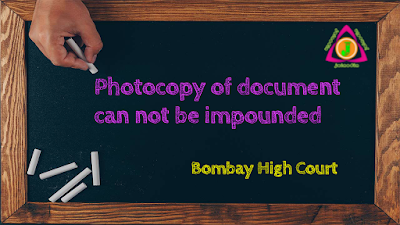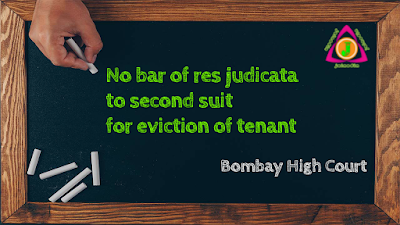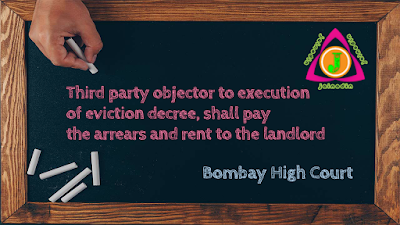Failure to make payment of compensation payable under contract is not equal to breach of contract.
Paragraph 1103 of Halsbury's distinguishes between kinds of money payments. Damages, as dealt with earlier, are said to be distinguishable from debts and from a sum of money payable under a contractual liability to pay a sum on a given event. In fact, damages are sought to be distinguishable from compensation and from a penalty and from costs. In the present case, once we come to the conclusion that the amount awarded is not damages and for breach of contract, the petitioner-Niko has no case whatsoever to challenge the award. It will be also beneficial to consider Anson's on the Law of Contract, which, in Chapter 18, deals with actions to recover an agreed sum. The claim in that case was for a liquidated amount and the defendant was obliged under the contract to pay money. Although in that sense, it is said to be similar to specific performance, it is distinguishable and does not attract the same bar in law. The Law of Contract draws a clear distinction between a claim for an agreed sum and a claim for damages for breach of contract. The claimant need not prove loss where a claim is for payment of an agreed sum and remoteness of damages and mitigation of loss are irrelevant in such situations. In the instant case, the formula is meant to provide for such payment. The application of the formula is a matter which was before the tribunal and which the tribunal has considered. The formula was admittedly applicable being within the contractual scope and was not extraneously sourced. There is no question of any further proof of loss caused. [Para No.54]














